The fighting on Okinawa proved to be some of the most savage of the Pacific War. As American soldiers and Marines blasted the island’s Japanese defenders from reinforced bunkers, caves, and even tombs, incidences of incredible bravery and self sacrifice were commonplace. However, the story of one soldier who earned the Medal of Honor on Okinawa stands out among the others.
The unlikeliest of heroes, Private Desmond T. Doss of Lynchburg, Virginia, served as a medic with the 307th Infantry Regiment, 77th Infantry Division. A devout Seventh Day Adventist, Doss had declined to touch a rifle, much less carry one or fire it in anger. His status as a conscientious objector left few options for service to his country as a member of the armed forces. He could find purpose, though, in alleviating the suffering of wounded comrades, saving lives, and, above all, praying that God would watch over them.
He had already seen action, but the ferocity of the Okinawa battle was unprecedented. After a month of hard fighting, U.S. forces were still absorbing heavy casualties as they dislodged the enemy from a seemingly endless series of cliffs, ridgelines, and hills in the southern end of the island. On several occasions, Doss distinguished himself under fire.
On May 2, 1945, the 307th Infantry was heavily engaged along the crest of the 400-foot Maeda escarpment. The terrain was so difficult to negotiate that the troops were required to use 50-foot cargo nets borrowed from the Navy to scale the cliffs. Once atop the precipice, the men of the 307th were resupplied with ammunition in buckets raised and lowered by rope. As wounded men fell along the crest of the escarpment, Doss exposed himself to enemy fire repeatedly, providing medical aid and carrying them individually to the edge to be lowered on litters supported by ropes to the relative safety below.
According to his Medal of Honor citation, he “exposed himself to heavy rifle and mortar fire in rescuing a wounded man 200 yards forward of the lines … and two days later he treated four men who had been cut down while assaulting a strongly defended cave, advancing through a shower of grenades to within eight yards of enemy forces in the cave’s mouth, where he dressed his comrades’ wounds before making four separate trips under fire to evacuate them to safety.”
Three days later, Doss saved an officer’s life, administering blood plasma under fire. Later, he ran to a wounded man just 25 feet from a Japanese gun emplacement and carried the wounded soldier 100 yards to safety.
On May 21, at the risk of being mistaken for an enemy soldier, he cared for wounded soldiers lying between the two battle lines during a night attack. That same night, he was wounded in the legs by grenade fragments. Instead of calling for another medic to come to his aid, Doss bandaged his own wounds and waited five hours to be carried out of harm’s way. As the injured medic and his two rescuers were retiring, they were caught in a Japanese counterattack.
The citation continues, “Doss, seeing a more critically wounded man nearby, crawled off the litter and directed the bearers to give their first attention to the other man.” Once more exposed, Doss was hit by enemy fire and suffered a compound fracture of his left arm. Using a discarded rifle stock, he fashioned a splint for his shattered arm and then crawled 300 yards to an aid station.
Without ever firing a shot, Doss had saved the lives of numerous men—without regard for his own safety. On October 12, 1945, he received the Medal of Honor from President Harry S. Truman. “I don’t think there is anyone who appreciates peace more than I do,” he said in an interview some time ago. “I am sad for the true heroes who paid the supreme price for our freedoms.”
Truly, because of the heroism of Desmond Doss, fewer men were required to pay that price.
Michael E. Haskew
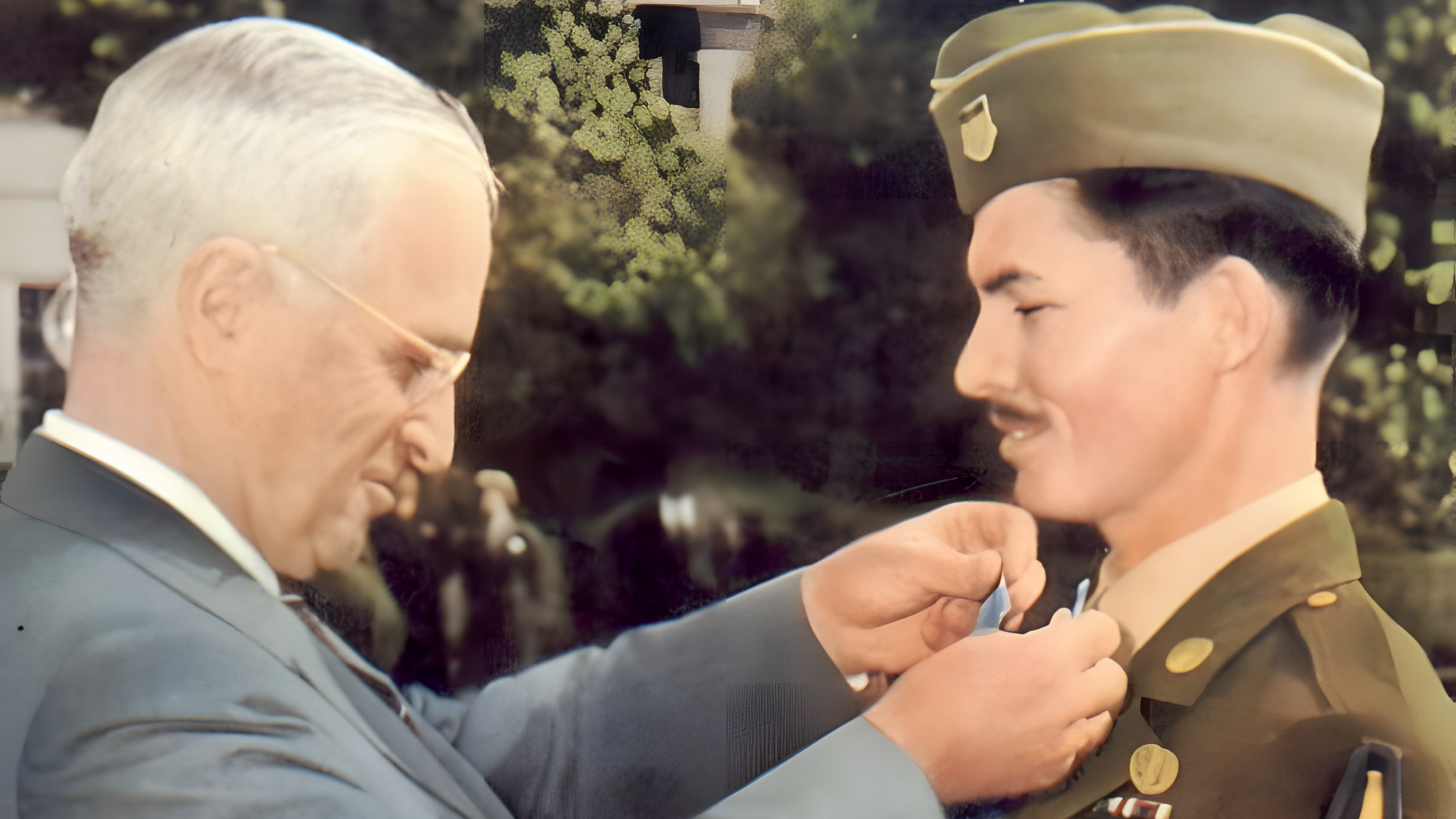
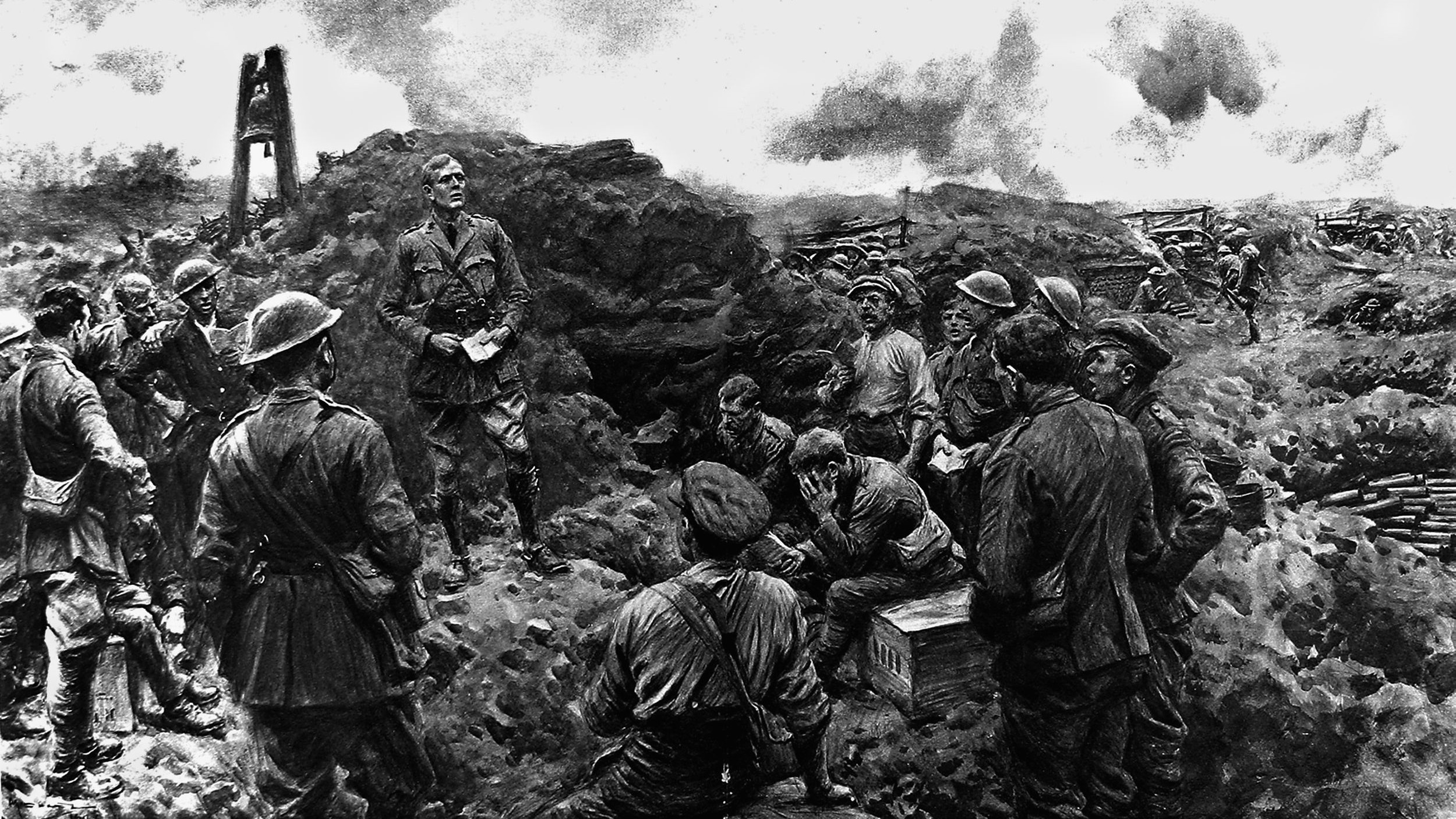
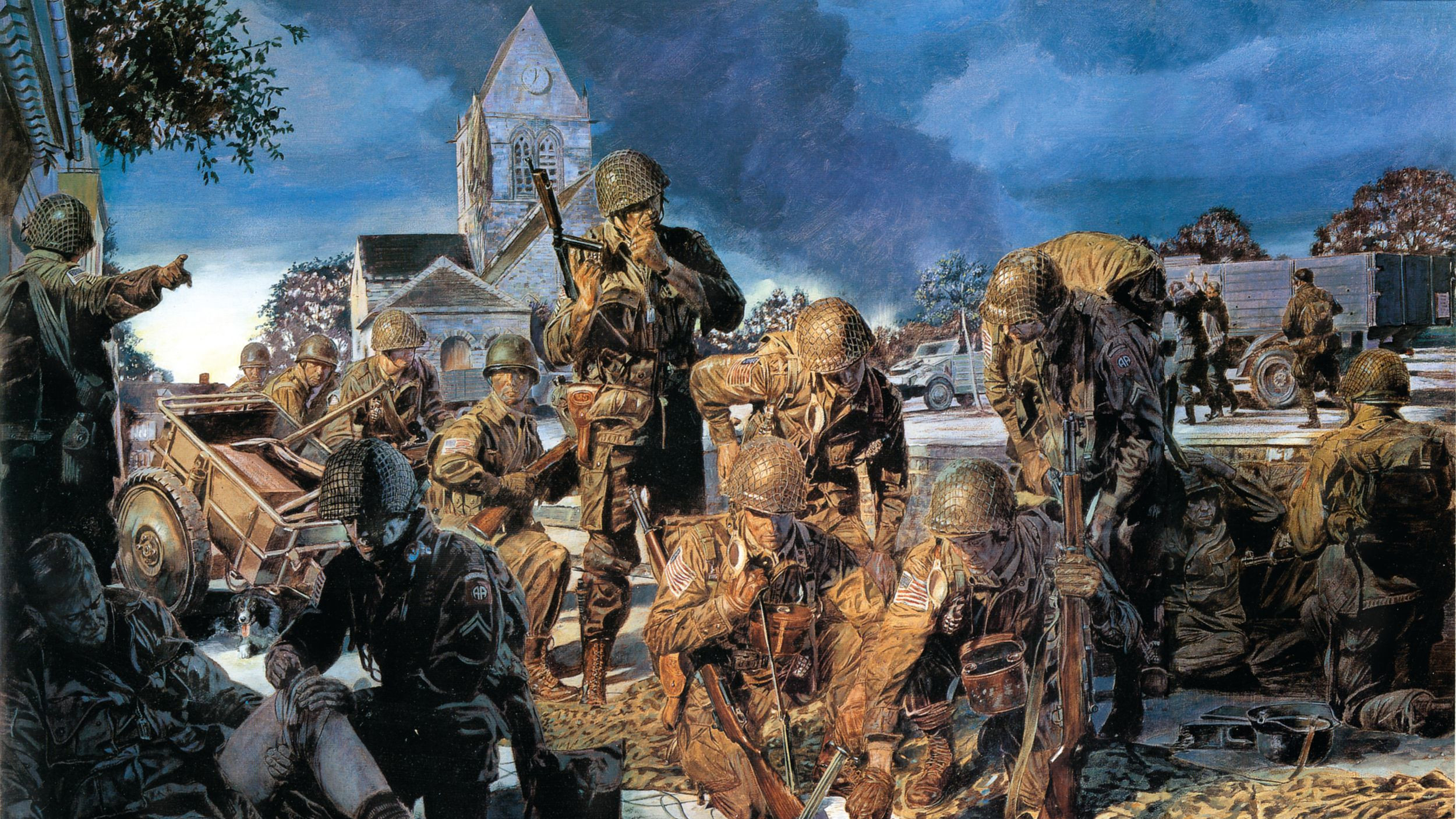
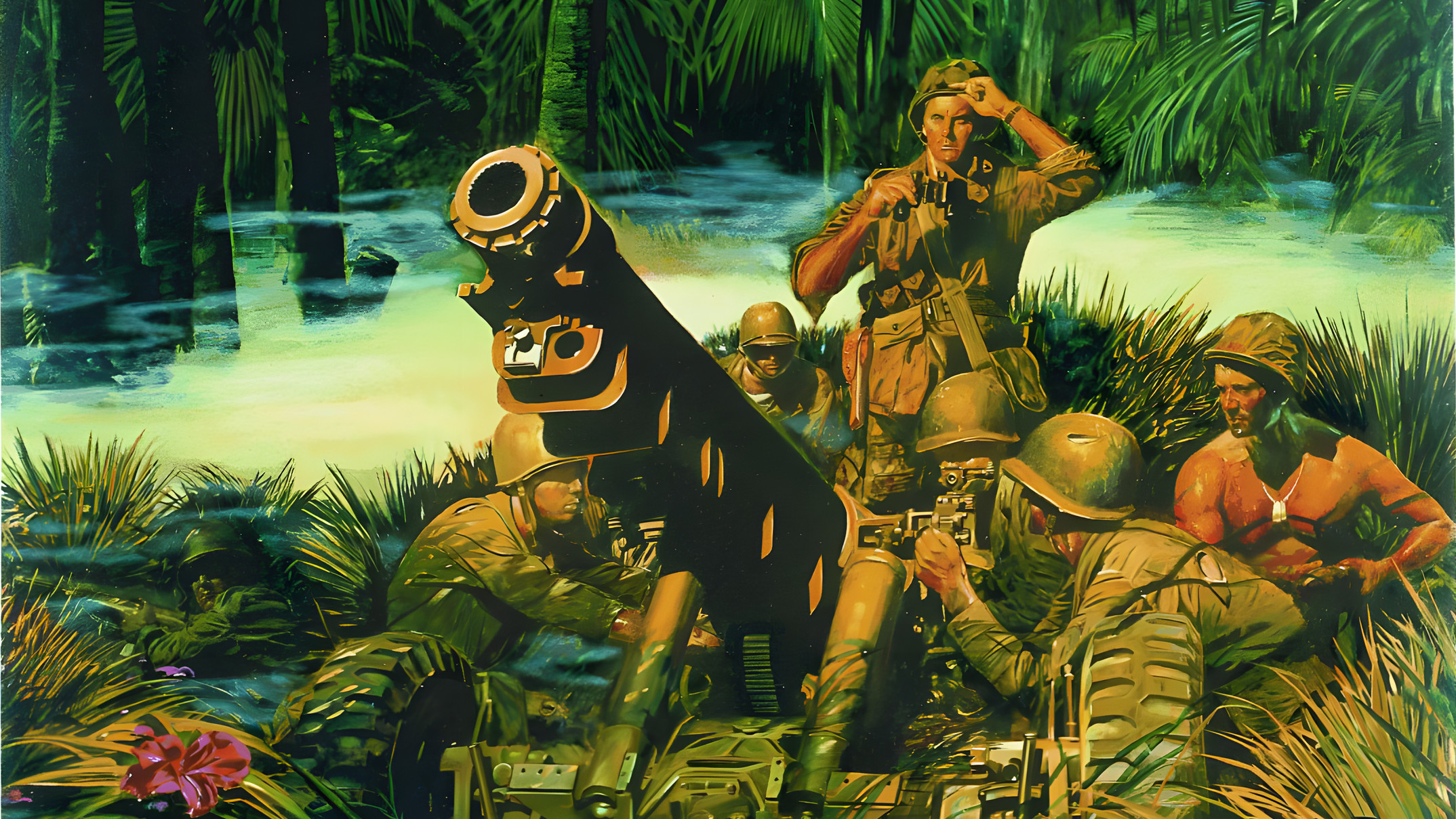
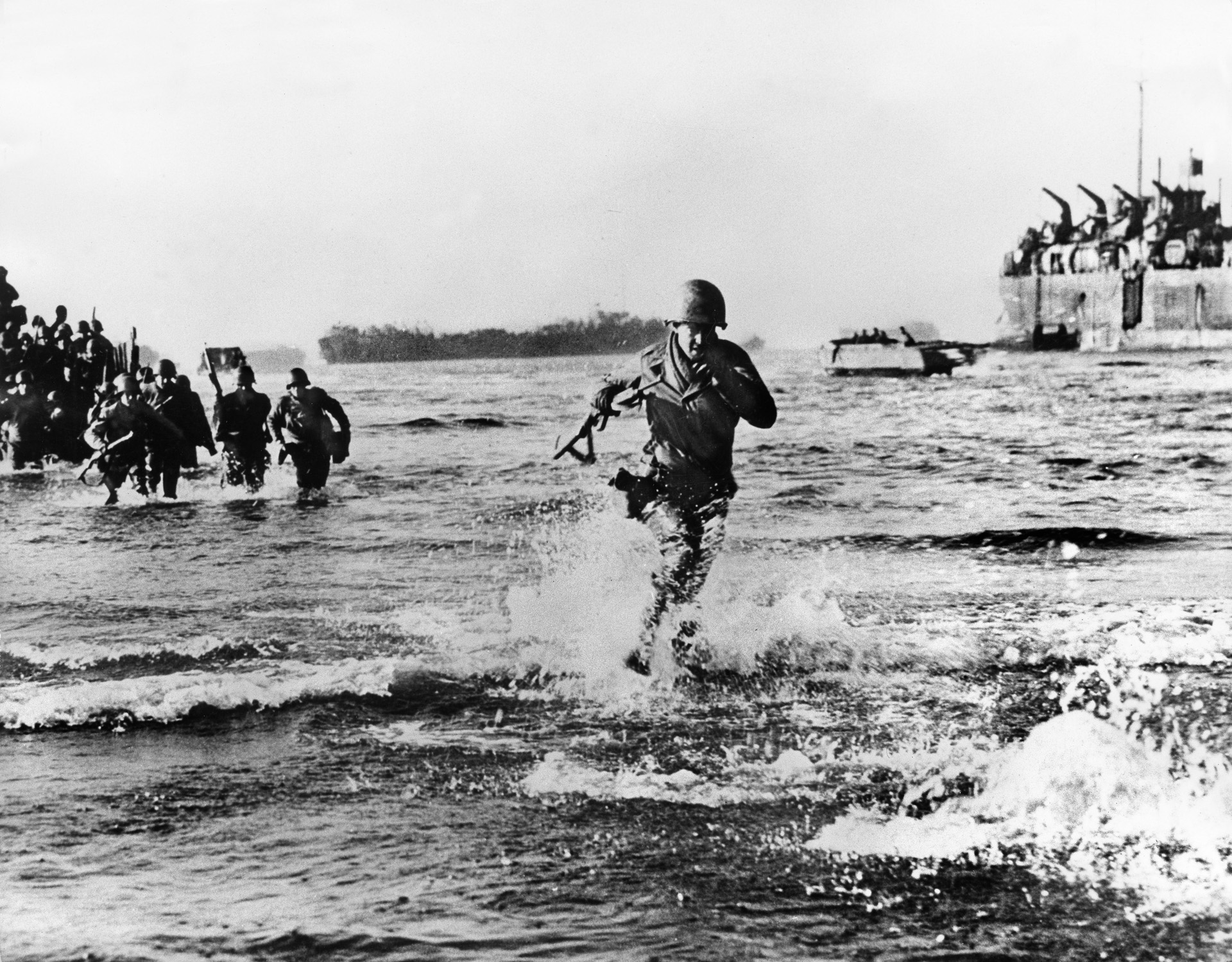
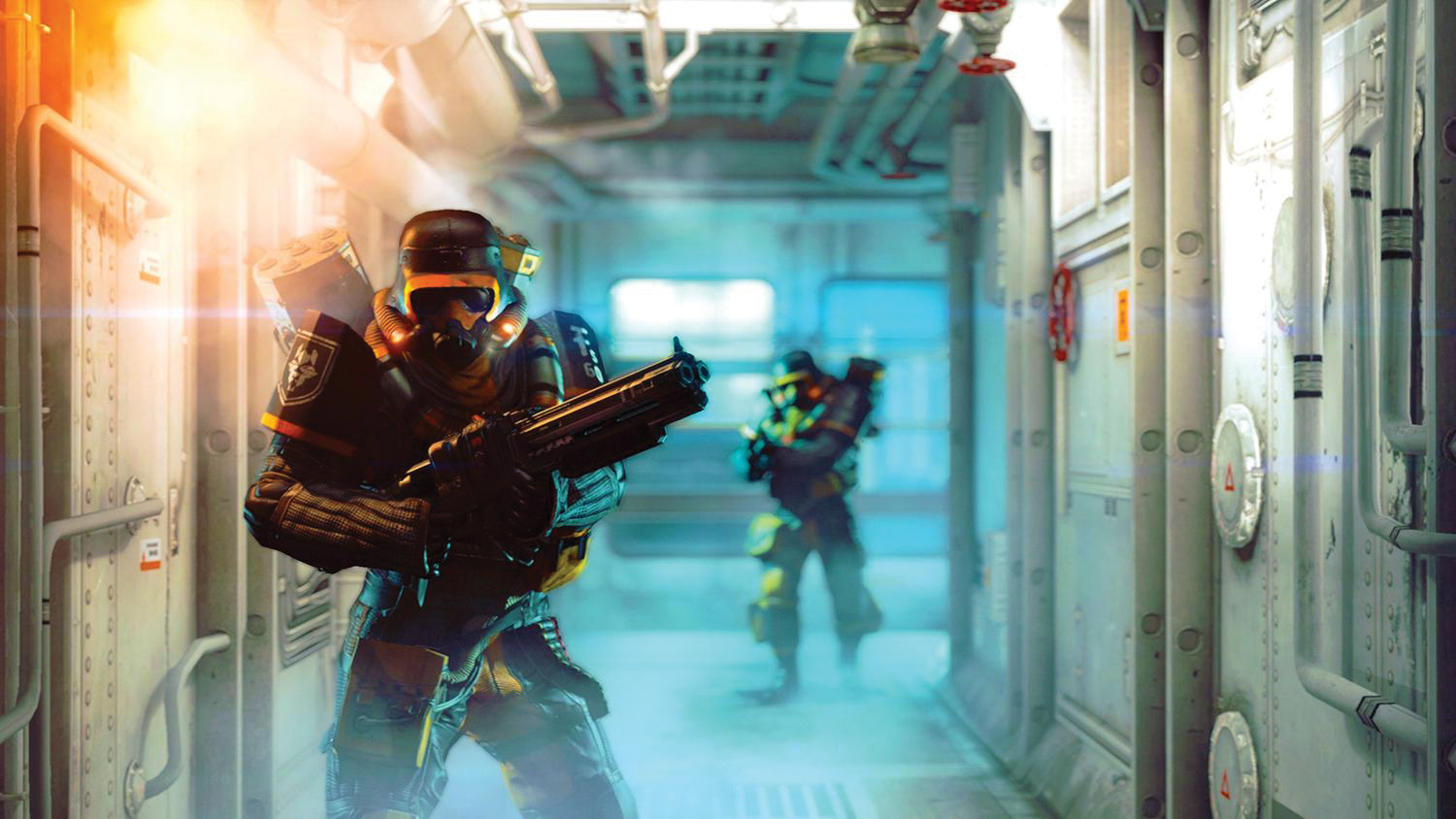
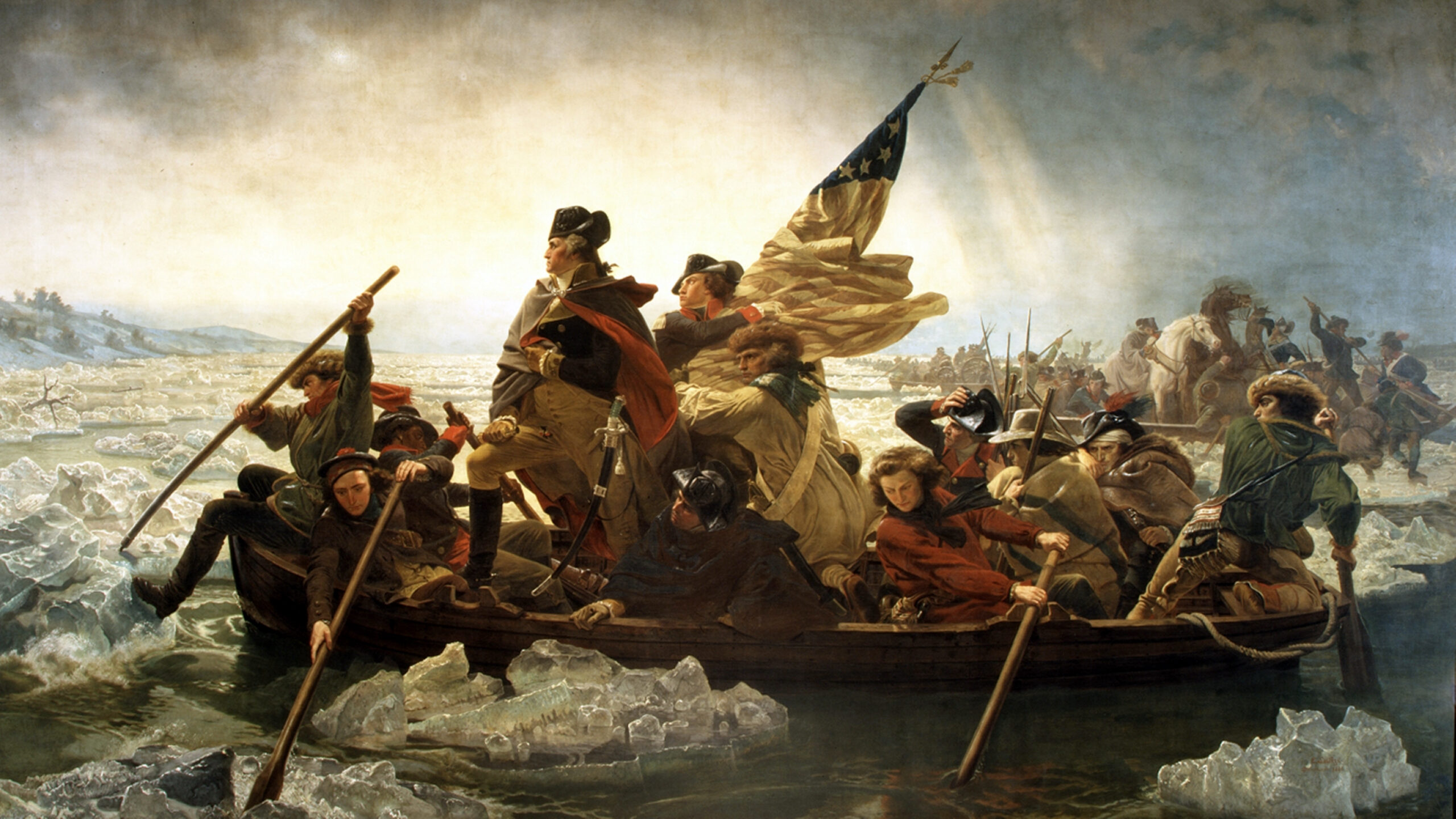
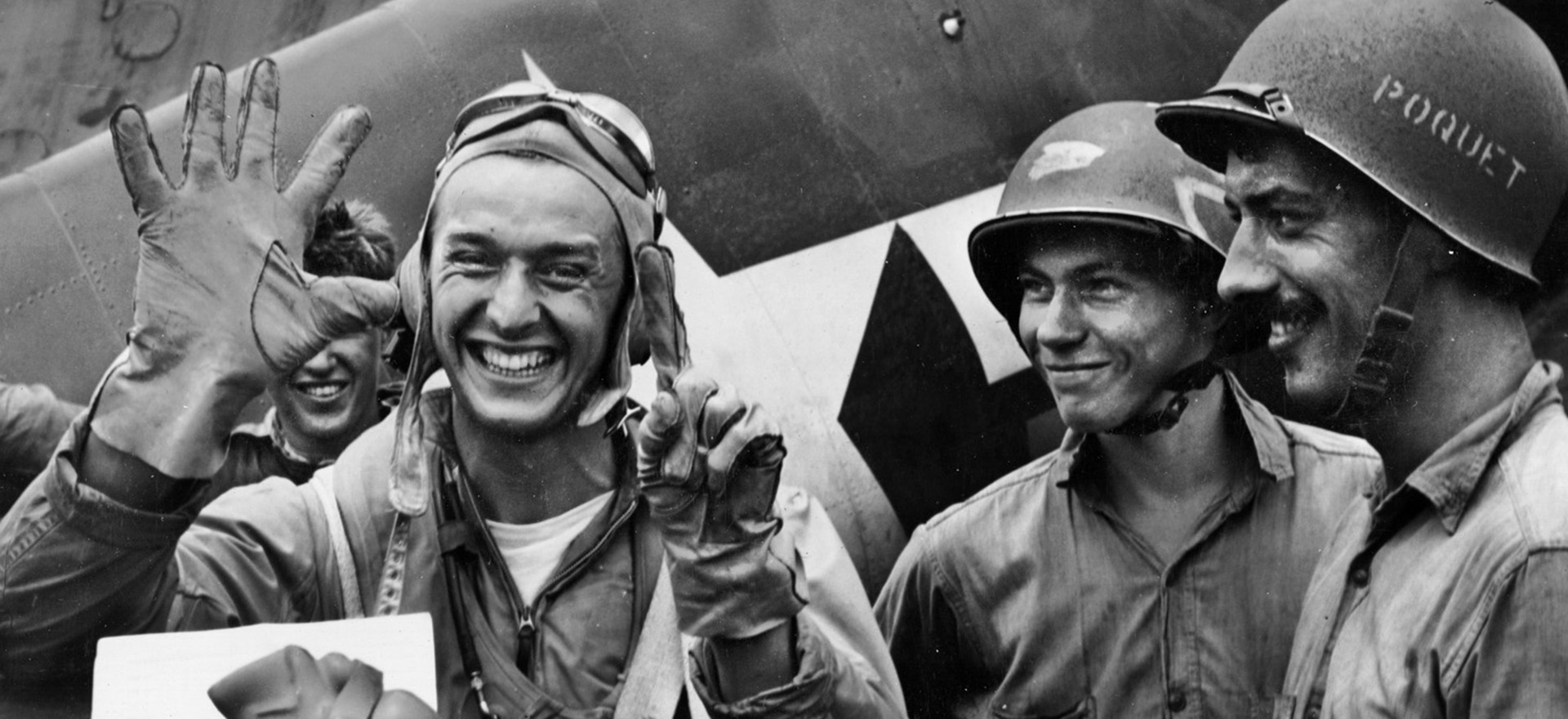
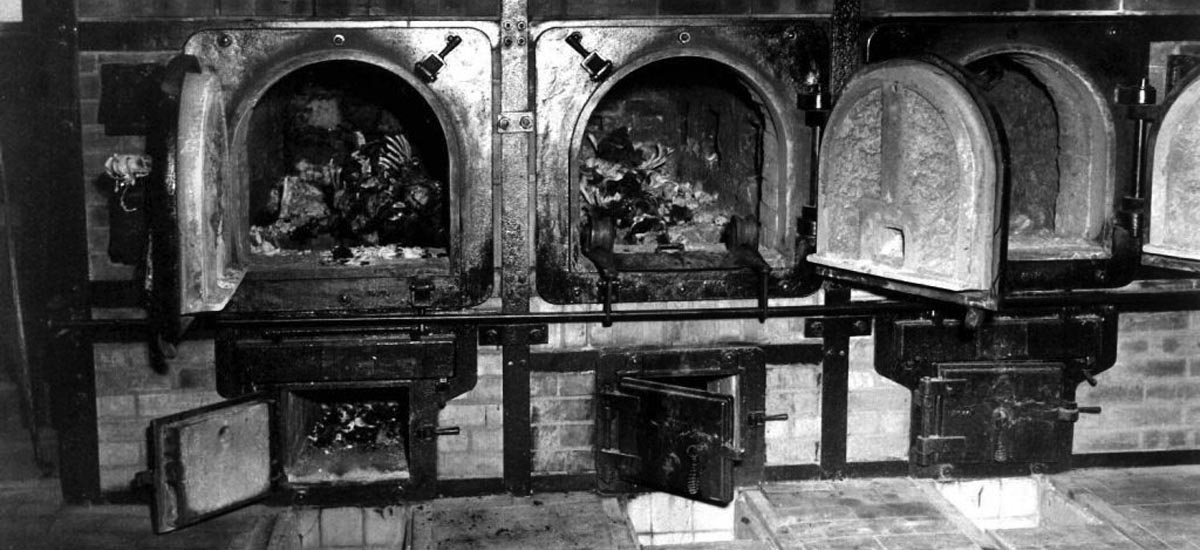
Join The Conversation
Comments
View All Comments